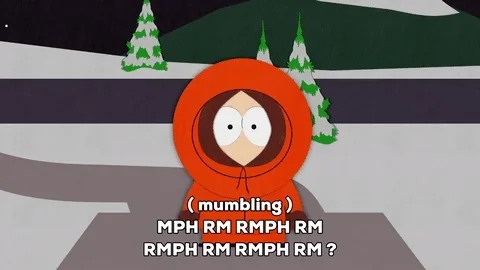But why not wait and do it the other way around? Erase death and then old age. If you erase old age, and chainsaw man is killed by death, then you're stuck with the repercussions of that decision. And who decides what's old? Will certain fruit and vegetables be allowed to reach maturity or will that be "too old?" What about the existance of other types of food? Cheese or anything that requires fermentation? What about the planet itself? Is it "too old?" Will it return to a state billions of years prior?
There's definitely some kind of catch with this deal, as well. Why would it specify Japanese children in a country with a low and declining birth rate?
I do wonder. Does this work based on some kind of objective concepts that describe reality independently of how humans view them? Or is the things that are removed from reality based on how humans themselves think about a particular concept? Usually, I would tend towards more objective explanations of things, but in this case considering that Devils themselves are born from human fears, I might lean the other way.
It might make sense (more sense even) for the consequences of the concept being erased to also be based on that collective subjective understanding of the world's concepts. For instance, people don't tend to think of ripe fruit as old, therefore they would not fall under the concept of "old age", therefore erasing the fear of old age would not erase them as well.
The subjectivity of it all makes it hard to tell how anything is supposed to work in this case and most likely an arbitrary choice would be made by the author, but then again didn't this chapter just establish that the way that Chainsaw Devil's erasure works is kind of arbitrary/messy.
That being said, no matter how prepared Public Safety may think they are and no matter how much we try to justify their way of thinking, I do agree that there's probably a catch somewhere one way or the other.
